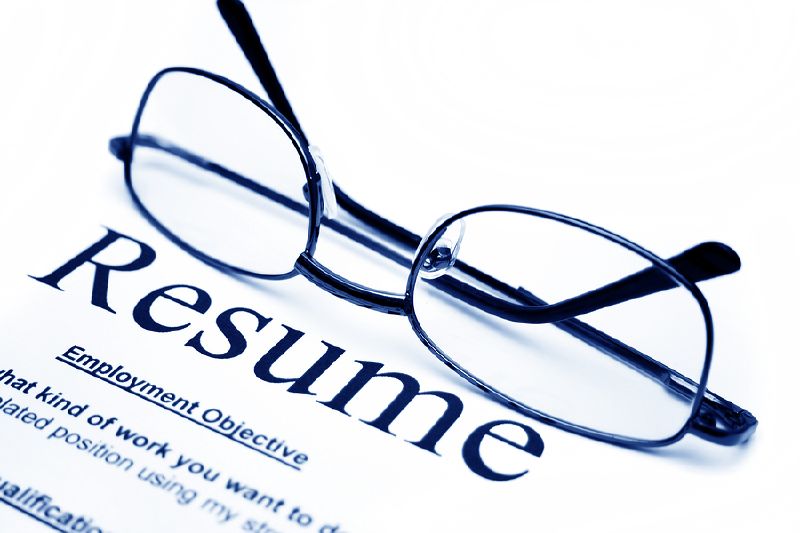So don’t be afraid. First you should just relax and think about the many different types of interview question that can arise and you may come up against. But don’t panic, there is lots of information on this site so you can find all you need and work on your interview technique.
These questions are not to be feared if you follow my advice and take the time to prepare yourself properly. The questions they ask you, give you the best opportunity to demonstrate your talents and skills and present your answers in a way that shows you are the right person. Take a quick look at Interview Questions and Answers.
Listen carefully to what you are being asked and you’ll hear what’s important to them. Otherwise they wouldn’t ask!
Once in there, you have only a short time to create a memorable impression. You must use your interview skills during this time to demonstrate your skills and abilities to the decision-maker. If you’ve prepared your answers to the most common questions, you can be sure all will go well.
Get off to a really good start by analyzing the most important qualities that all employers want from their people. When you satisfy them on these points, the rest of the interview will go so much better, and the interview questions relating to specialist skills will be easier to handle.

Why do I say this?
Because when you satisfy these key qualities they see you as someone who will fit in.
And without any doubt ‘Compatibility’ is actually much more important than ‘Competence’.
So here are the some key qualities that most organizations look for and their questions will certainly cover these some key areas.
How your resume editing services can help you get that first interview.
Ask your own intelligent and considered questions and make a good impression.
If its a panel interview, try to address your answers (or your questions) to the right person (don’t ask the production manager questions about the company’s sales performance).
At a first interview don’t ask too many questions about pay and conditions. If you are offered the job you can ask.
The evening before, re-read your application form or letters relating to it; some people have been known to think they were somewhere else, being interviewed for something else!! (You wouldn’t do that – would you?)
The interview begins the moment you arrive. (Actually the moment you arrive outside the building – make sure your car is clean if you drive there – they might be looking through the window!) And make sure you arrive on time.
First Impressions

If the second secret of success is to arrive on time, then the third is to dress suitably. This does not mean dressing up but you should dress smartly and conventionally. Think about the firm or organization that you are going to. An old established firm may have very strict policies on dress and appearance; a trendy new company that prefers its employees to be up-to-date may be more relaxed. Whatever you decide to wear ensure that you are neat and tidy and that you feel comfortable. See my personal presentation tips for men and for women.
When you first arrive, the place will be making an impression on you.
While you are waiting to go in, if you don’t already know, try to find out the name of the interviewer from the receptionist. Don’t worry if you find out that it’s going to be a panel.
As you enter the room, try to create a favorable atmosphere with a warm greeting. Use a strong handshake and establish direct eye contact. Use the interviewer’s name; be positive, interested, and confident (but never to the point of cockiness or abrasiveness). Remember that you are there because the company is interested in you.
They are not trying to trick or embarrass you; they want you to be successful.
Also just think that you may be the last interviewee in a very long and tiring day, so make it easy for them; it’s another way of making a good impression.

A 2-Way Conversation
Remember that interviewers are human and they too can sometimes suffer from nerves. They can dry up if things go badly. A good interview is a two way process, a conversation is about an interchange of information from to the other in both directions.
If you take the time to prepare you’ll probably have done more work than the interviewer; try to be as close as possible to your normal self. Do not be afraid of humor and always listen carefully to what the other person is saying.
An interview should be a 2-way conversation, so you must both talk and listen. Find some way to make the interviewer remember you as an individual who interacts with others. Listen closely to the answers to your questions and be equally attentive to the questions that you are asked.
If you’re unsure on any of the questions, don’t be afraid to ask for clarification, but don’t waste time. Be specific with your answers and relate each answer to the job you are seeking.
They can’t read your mind, so prepare to make your own case. Think about how to present your skills as benefits and it’s best to prepare answers to the common questions that you will almost certainly be asked – if you need more help you can get a copy of Interview Questions and Answers which is full of all the questions and answers.
In my experience some interviewers just don’t allow enough time to prepare and you can turn this to your advantage – you can be better prepared than they are. Take some quality time to prepare beforehand – think about what messages you want to convey and how you will present yourself. However if you both fail to prepare, you’ve both wasted your time. If you make sure you’re ready, it can be a terrific experience..
A conversation is more than just an exchange of words. A dialogue of non-verbal signals is taking place at the same time as the verbal questions and you should be sensitive to this dialogue of movement, gesture and eye contact.
A special note for panels: when answering your questions, make good eye contact with whoever asked the question, but continue to make regular eye contact with all members of the panel. If you don’t you may find it harder to re-establish eye contact and end up looking and feeling uncomfortable.


